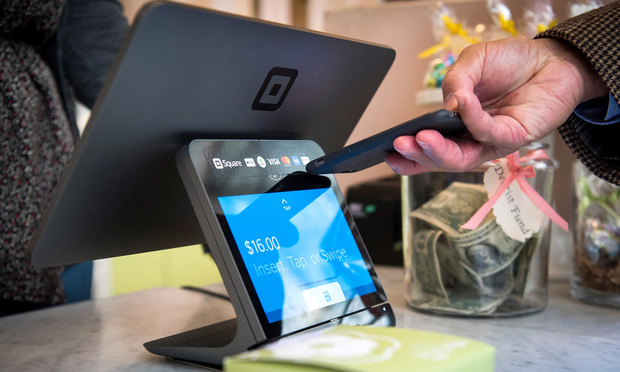The California Supreme Court on Monday breathed new life into a bankruptcy lawyer’s proposed class action claiming Square Inc. violates a state civil rights law by barring bankruptcy professionals from using its online service to process payments.
On Monday, the California Supreme Court held that “visiting a website with intent to use its services is, for purposes of standing, equivalent to presenting oneself for services at a brick-and-mortar store” under the state’s Unruh Civil Rights Act.
This content has been archived. It is available through our partners, LexisNexis® and Bloomberg Law.
To view this content, please continue to their sites.
Not a Lexis Subscriber?
Subscribe Now
Not a Bloomberg Law Subscriber?
Subscribe Now
LexisNexis® and Bloomberg Law are third party online distributors of the broad collection of current and archived versions of ALM's legal news publications. LexisNexis® and Bloomberg Law customers are able to access and use ALM's content, including content from the National Law Journal, The American Lawyer, Legaltech News, The New York Law Journal, and Corporate Counsel, as well as other sources of legal information.
For questions call 1-877-256-2472 or contact us at [email protected]

 A customer uses an Apple Inc. iPhone to make a payment on a Square Inc. device in San Francisco. (Photo: David Paul Morris/Bloomberg)
A customer uses an Apple Inc. iPhone to make a payment on a Square Inc. device in San Francisco. (Photo: David Paul Morris/Bloomberg)








